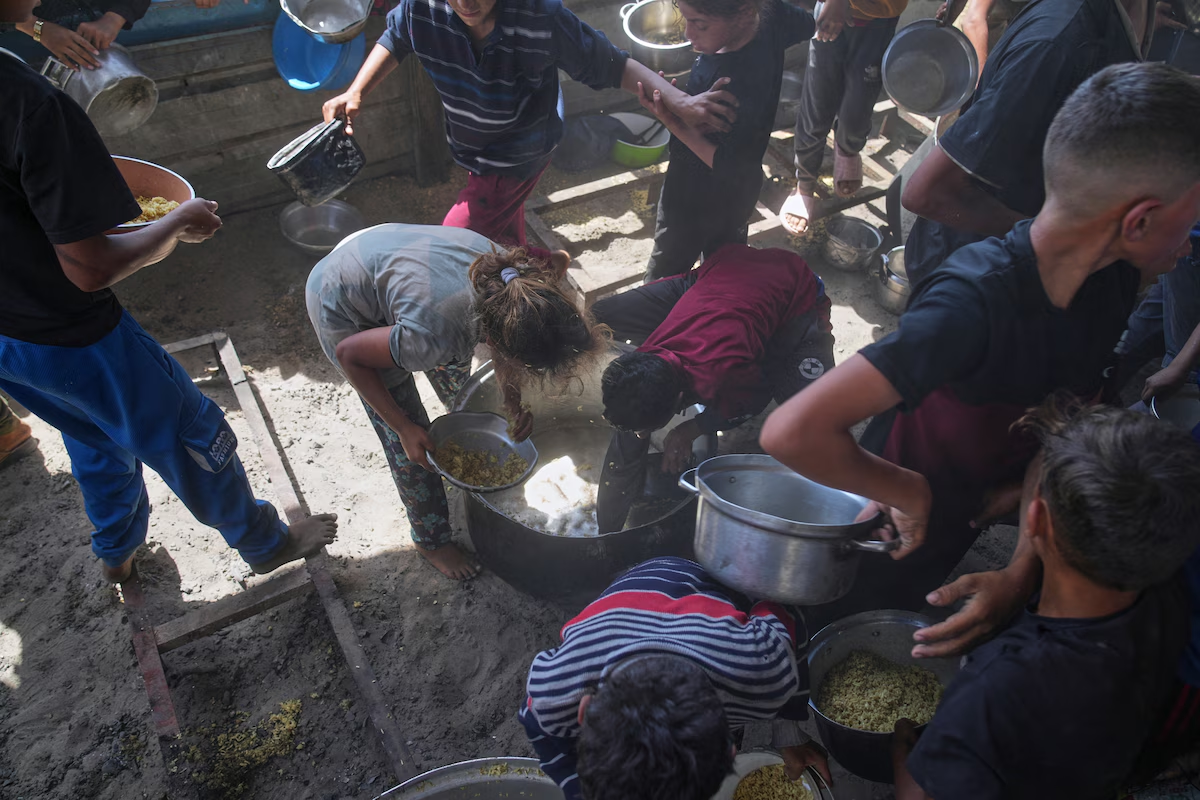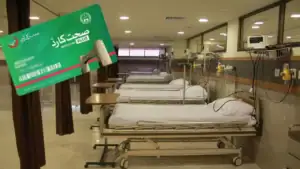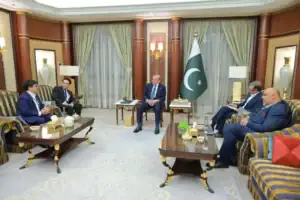Islamabad, May 13, 2025: How long can over 2 million people survive when their only food sources are cut off? The humanitarian crisis in Gaza has reached a breaking point as the ongoing blockade severely restricts access to essential goods.
With Gaza food supplies dwindling, aid organizations are warning of imminent famine if international pressure isn’t mounted to lift the restrictions.
According to the United Nations, more than 80% of Gaza’s population now depends on humanitarian aid, while food convoys are either delayed or denied entry at border crossings.
The current blockade, intensified amid recent conflict, has crippled local agriculture and halted commercial food imports.
Once-thriving local markets are now ghost towns, with empty shelves and rising desperation.
Oxfam reports that food prices in Gaza have soared by more than 300% in recent months. Staple items such as bread, rice, and cooking oil have become luxury commodities for many families.
“We’ve gone three days without proper meals,” said Amal Yusuf, a mother of five in Khan Younis. “There’s nothing left but tea and a few potatoes.”
The worsening crisis is further amplified by a shortage of clean water and electricity, making food storage and preparation nearly impossible.
Children are especially vulnerable. UNICEF has issued an alert noting that one in three children in Gaza is acutely malnourished.
Secondary keyword ‘Middle East humanitarian crisis’ has become more than a term—it’s a grim reality. Despite growing calls for a ceasefire and humanitarian corridors, political deadlock continues to stall relief efforts.
Read More: No National Command Authority Meeting Scheduled, Defence Minister
International donors are pledging support, but logistical blockages remain unresolved, leaving aid agencies overwhelmed.
Health workers are also raising alarms about a related ‘public health emergency’ as hunger intersects with disease outbreaks. “Starvation leads to weakened immunity. We’re seeing a rise in illnesses that are otherwise preventable,” said Dr. Sameer Qassem, a physician at Shifa Hospital.
The Gaza food situation is not just a regional issue—it’s a global moral test. As aid workers warn of a “man-made famine,” the world must act decisively
. Humanitarian agencies are urging immediate and unconditional access for food shipments and medical supplies.
Gaza food access has collapsed under the weight of an unyielding blockade.
Unless concrete steps are taken to open supply routes and prioritize civilian needs, the situation could spiral into one of the worst hunger crises of the decade. The time to act is now.









